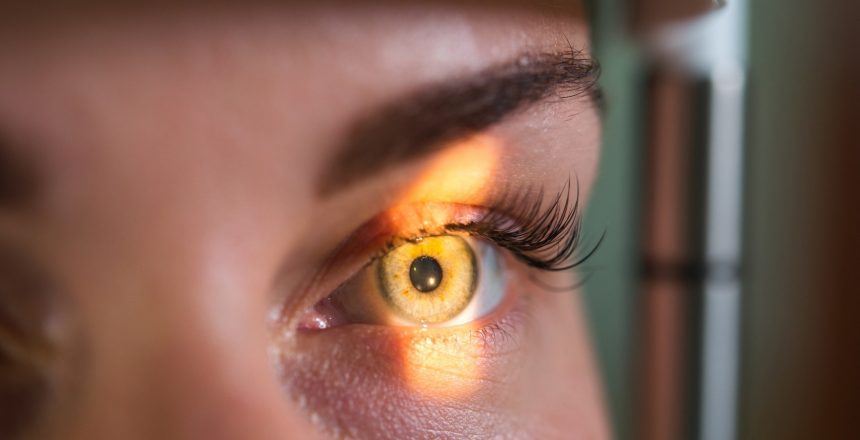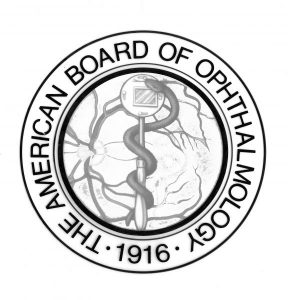Telemedicine for Eye Care
Due to the recent Covid-19 pandemic, the Centers for Medicare & Medicaid Services (CMS) and the President of the United States has broadened access to telehealth services so that beneficiaries can receive a wider range of services from their doctors without having to travel to a healthcare facility. These policy changes build on the regulatory flexibilities granted under the President’s emergency declaration.
This is great news for patients with issues concerning their eyes, especially eye emergencies. Many patients are concerned of traveling to a medical facility for fear contracting the virus and this telemedicine for eye care option is a great service to protect both healthcare workers and patients. Ophthalmologists have new telehealth guidance from agencies in the Department of Health and Human Services that will allow them to treat patients.
Eye Emergencies
Eye emergencies have the potential to cause permanent vision loss if they are not promptly recognized and treated. Eye emergencies include retinal detachments, mechanical globe injuries, and chemical injuries.
Retinal Detachments
Retinal detachment describes an emergency situation in which a thin layer of tissue (the retina) at the back of the eye pulls away from its normal position.
Retinal detachment separates the retinal cells from the layer of blood vessels that provides oxygen and nourishment. The longer retinal detachment goes untreated, the greater your risk of permanent vision loss in the affected eye.
Warning signs of retinal detachment may include one or all of the following: the sudden appearance of floaters and flashes and reduced vision. Contacting an eye specialist (ophthalmologist) right away can help save your vision.
Mechanical Globe Injury
Mechanical globe injuries occur when there is a full-thickness rupture or laceration through the cornea and/or sclera. Globe ruptures occur after blunt injury to the eye, such as from a thrown ball, motor vehicle crash, or assault. Globe lacerations occur after trauma from a sharp penetrating object, such as a knife or small, high-velocity projectile.
Chemical Injury
Chemical eye injuries occur after exposure of the ocular surface to an acid or alkali in the form of a liquid, powder, or gas. The severity of injury depends on the pH concentration of the chemical and the duration of contact with the ocular surface. Chemical burns damage the conjunctival and corneal epithelium and may cause ischemic damage to the conjunctival and scleral vessels, potentially affecting the entire anterior segment of the eye.
If you live anywhere in East Central Florida and you have an eye emergency, please contact the Precision Eye Institute with offices in Edgewater and New Smyrna Beach.











